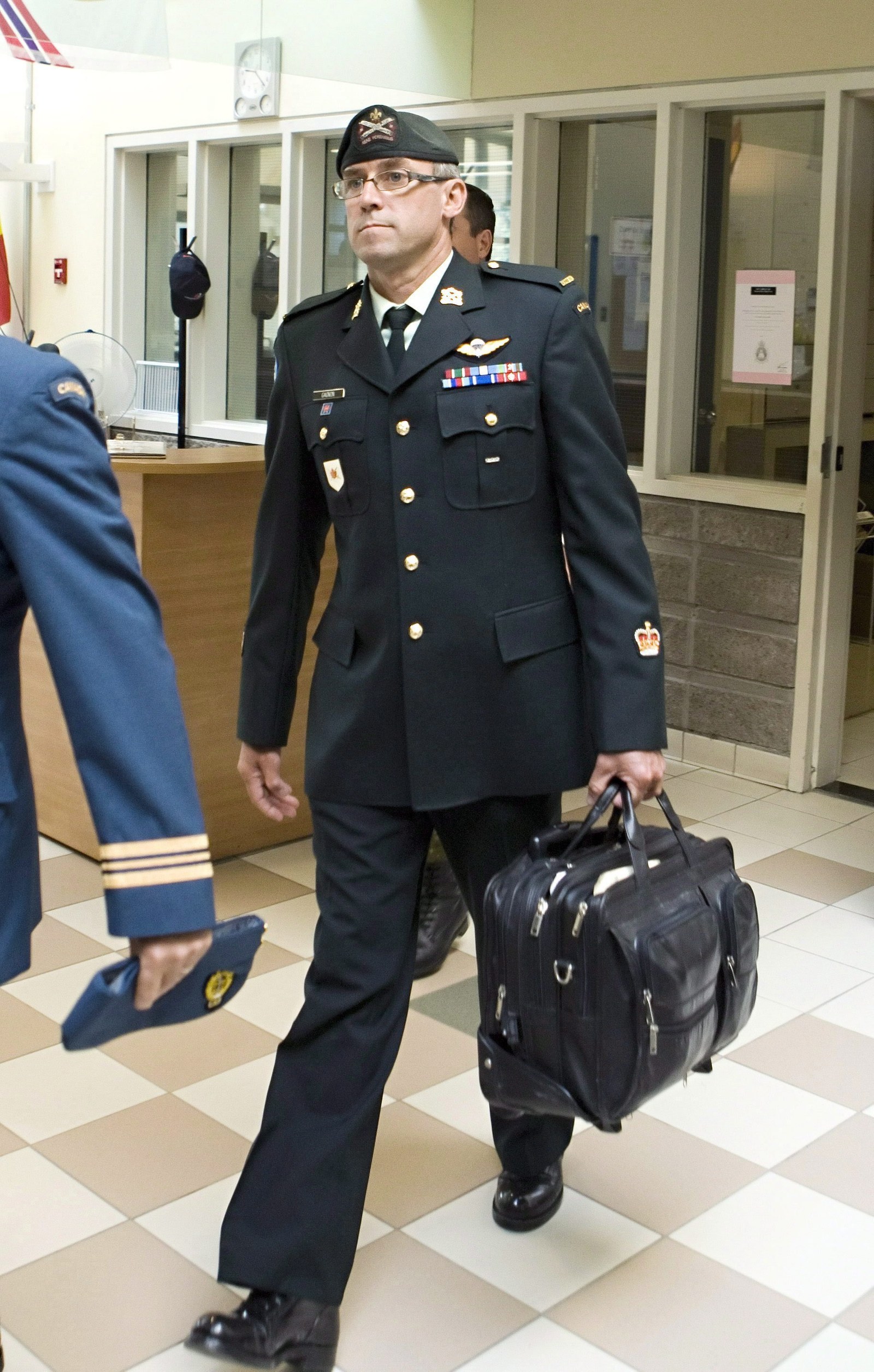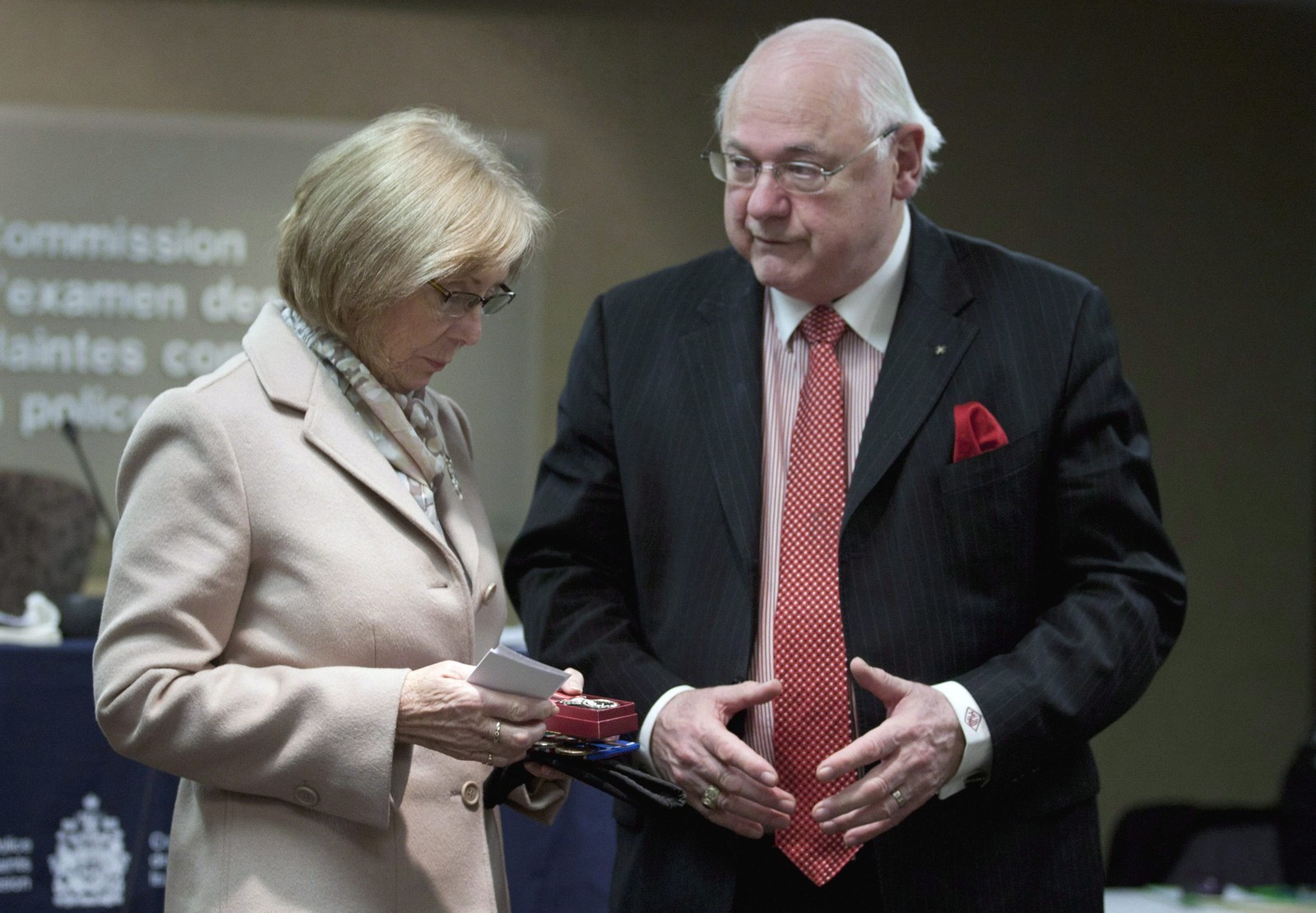One sexual assault trial could overturn Canada's entire military justice system.

A key tenet of the court-martial system could be struck down in a case before the Supreme Court of Canada. This would force Parliament to reform or possibly even do away with Canada's military justice system.
It started with a high-profile case of a female officer saying she was sexually assaulted by her male superior after a party.
Warrant Officer Andre Gagnon said the encounter was consensual and pleaded not guilty. He was found not guilty in 2014 after a military trial.
The military deals with thousands of disciplinary cases and dozens of courts-martial each year. But when the Crown appealed this decision, Gagnon's lawyers argued they have no right to appeal any court-martial rulings whatsoever.
Gagnon's side argued the appeal violates the "principle of fundamental justice" enshrined in the Charter of Rights and Freedoms. They say the principle is breached because the system lacks an independent, unbiased prosecutor.

In the civilian justice system, prosecutors are fully independent. But in the military, government legal officers are part of the chain of command that runs all the way up to the justice minister.
Last Monday Gagnon's lawyers asked the Supreme Court to consider political interference. What would happen if the defence minister orders the military to prosecute someone to save the government from embarrassment?
If the Supreme Court agrees that this system is a breach of fundamental justice the entire military justice system would need to be reformed. That's exactly what some people are calling on Parliament to do in advance.
"The military justice system is in dire need of reform," said lawyer Michel Drapeau. "There are many, many aspects that are not constitutional."
Drapeau represents Stéphanie Raymond, who made the sexual assault allegations against Gagnon. Normally there is a publication ban on the names of complainants in sexual assault cases, but Raymond chose to have it waived.
Drapeau is calling on Parliament to proactively overhaul the military justice system. Elements he argues are unconstitutional include the lack of a right to a preliminary trial, the lack of hybrid summary-indictable offences, and the lack of suspended sentences.

"There are a number of areas that deprive our soldiers of rights that anybody else, not (just) citizens, anybody else in Canada has," said Drapeau. "It makes no sense and this has been allowed to go on for so long."
Last Monday, lawyers for the Crown told the Supreme Court there are sufficient safeguards in the system to preserve judicial independence. Politically-motivated charges would be deemed a malicious prosecution and a breach of contract, they said.
They argued that the court would do "irreparable harm" to the military justice system if they struck down the Crown's ability to appeal. They also questioned how realistic it is that the prime minister or justice minister would try to hijack a court-martial.
Reform advocates have some hope because the Liberal government is doing a comprehensive review of security and justice systems in Canada. There's no deadline for completing the review, but it could happen later this year.
